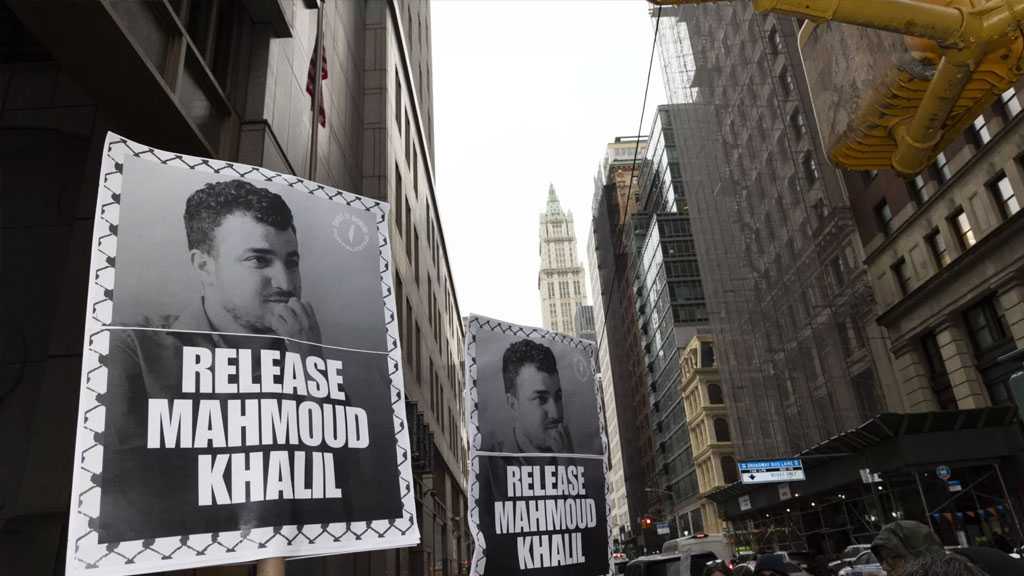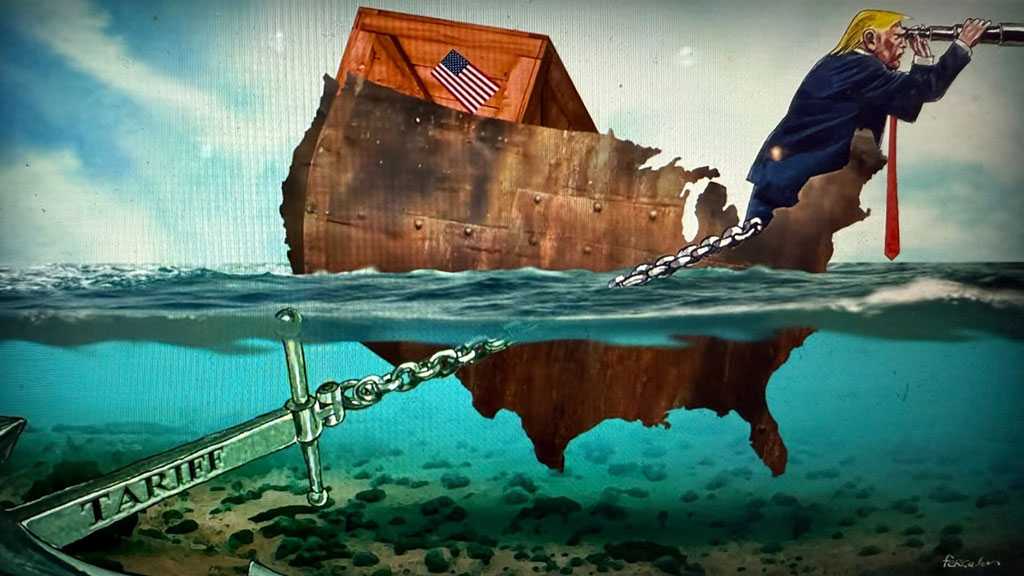Syria and the Arab League: The Motives

In the West, there are indications that some are clearly buying the notion that the Arab League is responding to the people's aspirations in the region by acting on the Syrian front.
Yet, the dumb analysis in many Western media is that the Arab League voted to suspend Syria out of respect for democracy and for the peoples of the region. It is not explained in those analyses as to why the people of Syria are being respected and defended when the Yemeni dictator has used tanks and helicopter gunships against the Yemeni peoples and the Arab League has been silent about his crimes. As long as the dictator enjoys GCC cover and sponsorship, killing will be tolerated especially because the dictator is an obedient servant of the US.
The Arab League acted only because the US failed to obtain a vote in the Security Council. The League is now a useful tool for US foreign policies and wars. The irony is that the League (under the former clownish direction of Amr Mousa) gave legitimacy to NATO bombing of a member state and has now gotten in the business of surrendering the "joint defense" of the Arabs to an outside force. Arab countries in the League are all committed to the "Joint Defense Pact" which has been ignored in numerous inter-Arab wars and in foreign invasions against one Arab state, with the support of some Arab states....
The Arab League's motives are not related to the plight of the Arab uprisings. They are part of US regional orders. They are also part of the rising ambition of the emirate of Qatar : it now wants to prove to the US that it can be as subservient and loyal to US imperial interests as Saudi Arabia and Jordan. Qatar, in other words, is proving its usefulness to the US (and "Israel").
By As'ad AbuKhalil - Fri, 2011-11-18
There should be some work in categorizing what can only be described as dumb analysis of the Middle East in the West or the East.
In the East, dumb analysis fills the airwaves of the media of the Syrian regime and their affiliates and allies. They are now subscribing to the view that the US has indeed designed and engineered the "Arab Spring" and some, like Rafiq Nasrallah (a Lebanese fixture in Syrian media) are coming out clearly in favor of all current regimes because he worries about the alternatives. In the West, the tendency to praise the Arab League is now fashionable.
The League was never seriously taken. It has been seen rightly either as a tool of the British government or as a useless arena of inter-Arab conflicts. Yet the role of the body has changed since the end of the Cold War. It has become a tool of US foreign policy.
The Saudi "peace" initiative was a US plan and the text was most likely conceived in the original English. There were rivalries within the League: the clients of the US always wanted to push the it further in serving US interest, while some other regimes were more cautious, perhaps fearing their own populations. But Saudi Arabia has managed to put the League under its control: with the overthrow of Mubarak, the League is now an extension of the Gulf Cooperation Council (GCC).
Governments are not in a position to stand up to the GCC: they either need financial help or they need Western cooperation. The Sudan vote in the latest decision on Syria was the most interesting: we no more hear about the arrest warrant for the Sudanese dictator.
Clearly, there was a secret deal between the US and the dictator who has several war crimes on his resume. Since he allowed the partition of Sudan (and the creation of a pro-Israeli entity), the Sudanese dictator is now respected.
The Arab League has proven that it can only be allowed to be relevant to the extent to which it can strictly follows US dictates. That is why it is preferable that the Arab League remain irrelevant.
Source: al-Akhbar Lebanese newspaper




